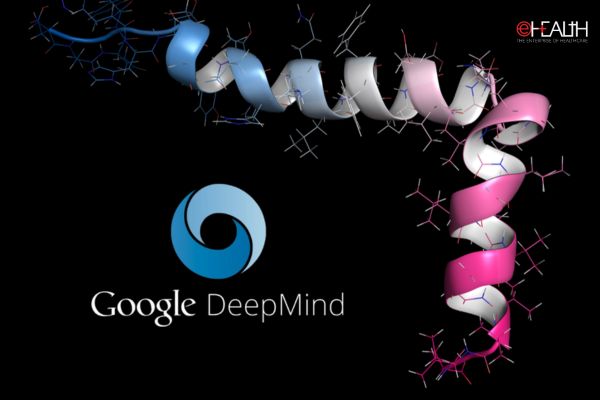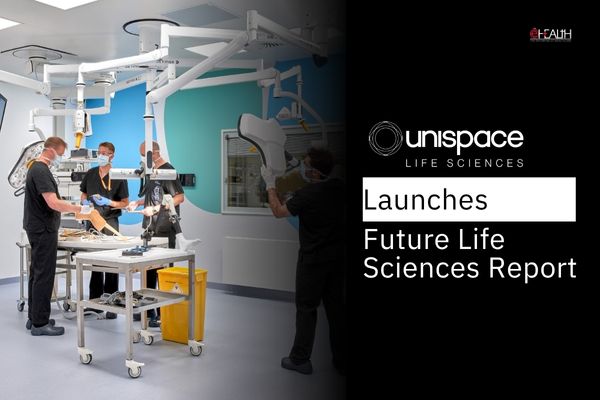
A cutting-edge study conducted by researchers at the Australian National University (ANU) has revealed how artificial intelligence (AI) could redefine the way genetic diseases are diagnosed and treated. Published in Nature Communications, the research leverages Google DeepMind’s AlphaFold—an AI-powered protein structure prediction model—alongside genome sequencing to study the impact of genetic mutations on human health at an unprecedented scale.
In a landmark analysis, researchers from ANU’s John Curtin School of Medical Research and School of Computing examined the effects of every possible mutation across the full spectrum of human proteins. The findings not only provide a molecular understanding of why some proteins are more vulnerable to destabilising mutations than others, but also shed light on how evolution has embedded resilience into critical proteins that underpin life.

“Our study reveals that evolution has built resilience into the most essential proteins, shielding them from harmful mutations that disrupt protein stability. Less critical proteins seem to have not evolved this inherent ability to absorb damage,” said Associate Professor Dan Andrews, who led the multidisciplinary research team.

By exposing a previously hidden pattern in mutation tolerance, the research challenges conventional thinking about which genes are most significant in the onset of disease.

“Genetic mutations are like the rain that all genes must endure—they are constant and unavoidable. However, not all genes, and the proteins they encode, are equally well waterproofed,” Andrews added. “Some genes are so essential that they are very rarely observed with mutations in people, while others are a little less critical but are still important enough that human diseases occur when they contain mutations.”

The study is a critical step toward the development of AI-driven clinical tools capable of prioritising treatment pathways. By identifying specific genetic systems that are dysfunctional in an individual, medical teams can move closer to offering tailored therapies that align with the patient’s unique genetic profile.
“It’s important to identify which genetic system is dysfunctional in a given person, which helps us potentially choose the most effective treatment. Our study applies to complex diseases with multiple mutations as it involves scoring genetic variation for its functional effects, which is crucial for identifying potentially broken genes,” noted Andrews.
Implications for India’s Healthcare Sector
For India’s rapidly expanding healthcare ecosystem—marked by a growing focus on personalised medicine, AI integration, and biotechnology innovation—this breakthrough presents both timely relevance and actionable potential.
India currently faces challenges in the early diagnosis and treatment of rare and complex genetic disorders due to limited access to advanced genomics and molecular diagnostics. Integrating AI-powered tools like those developed in this study could enhance diagnostic capabilities in tertiary and even secondary care settings. With a vast and genetically diverse population, India stands to benefit immensely from precision tools that can map genetic vulnerabilities and offer patient-specific treatment insights.
Furthermore, the Indian government’s recent push through initiatives like the National Digital Health Mission (NDHM) and Genome India Project creates fertile ground for deploying such AI tools. These advancements can also drive cost efficiencies, reduce misdiagnoses, and support clinical decision-making, especially critical in under-resourced regions.
As Indian biotech firms and healthcare startups increasingly invest in AI and genomics, collaborative models involving global research outputs like ANU’s findings could accelerate translational applications. This includes partnerships for developing AI-driven genetic screening platforms, personalised treatment algorithms, and data models trained on Indian genomic datasets.
“There is also potential for clinical translation and the development of AI tools to help improve patient outcomes. Our future goals include developing automated systems to flag effective treatment for individuals, based on their genetic and pathology data,” Andrews stated.
Future Outlook
The research from ANU underscores the transformative power of AI in decoding human biology and advancing precision medicine. For India’s healthcare community—including hospital networks, diagnostic companies, health-tech firms, and genomic research labs—this innovation signals a new era where data-driven, targeted interventions can become the standard of care.
As the Indian healthcare industry moves toward value-based and patient-centric models, the adoption of such AI solutions can help bridge current gaps in genetic disease management, improve therapeutic efficacy, and ultimately, lead to better health outcomes on a national scale.
Be a part of Elets Collaborative Initiatives. Join Us for Upcoming Events and explore business opportunities. Like us on Facebook , connect with us on LinkedIn and follow us on Twitter , Instagram.
"Exciting news! Elets technomedia is now on WhatsApp Channels Subscribe today by clicking the link and stay updated with the latest insights!" Click here!
















